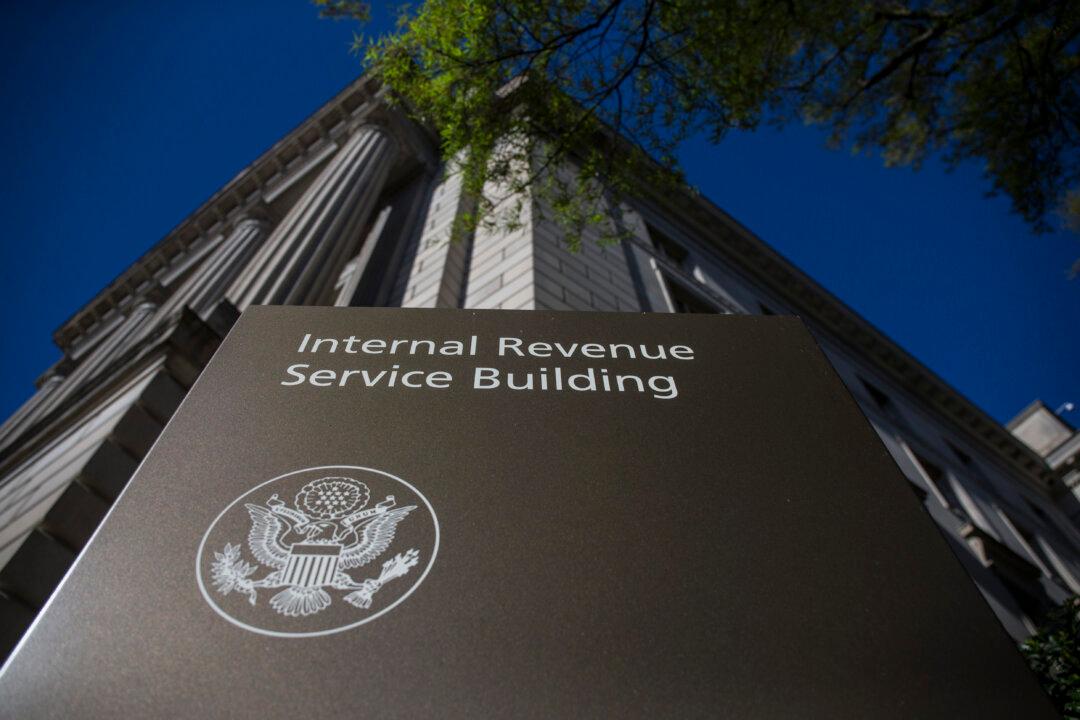A watchdog monitoring the Internal Revenue Service (IRS) has issued a scathing report blaming the tax agency for delivering a “horrendous” customer experience to taxpayers in filing year 2021, including the worst ever phone service and long refund delays.
The Taxpayer Advocate Service (TAS), an independent organization within the IRS that works to help taxpayers and protect their rights, has issued its annual report (pdf) to Congress, calling the tax filing year that kicked off on Feb. 12, 2021, the most challenging year on record.





